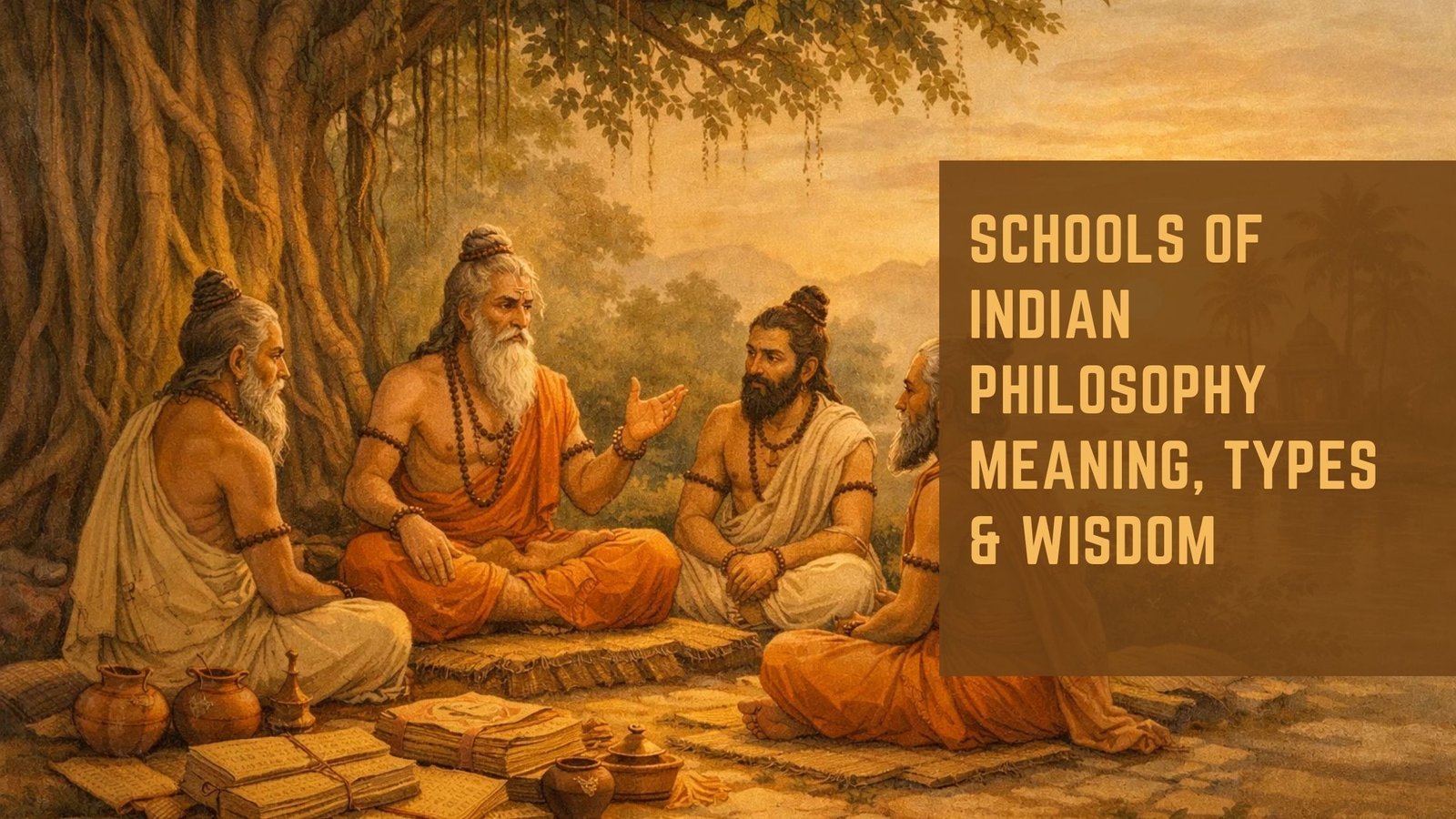The Bhagavad Gita, a 700-verse Hindu scripture that is part of the Indian epic Mahabharata, is a philosophical dialogue between Prince Arjuna and Lord Krishna, who serves as his charioteer. This sacred text addresses the moral and philosophical dilemmas faced by Arjuna on the battlefield of Kurukshetra, where he is torn between his duty as a warrior and his moral qualms about fighting against his own kin. Among its many teachings, Chapter 2, Verse 47 stands out for its profound insights into the nature of action and duty.
The verse states, “You have the right to perform your prescribed duties, but you are not entitled to the fruits of your actions.” This encapsulates the essence of “Karma Yoga,” or the yoga of selfless action, which emphasizes the importance of performing one’s duty without attachment to the outcomes. This verse serves as a cornerstone for understanding the broader philosophical framework of the Gita. It invites individuals to engage in their responsibilities with dedication while simultaneously cultivating a sense of detachment from the results.
This duality of action and non-attachment is not merely a theoretical concept; it is a practical guide for navigating the complexities of life. By focusing on the process rather than the outcome, individuals can find greater clarity and purpose in their actions, leading to a more fulfilling existence. The teachings of Bhagavad Gita 2.47 resonate across cultures and eras, offering timeless wisdom that remains relevant in contemporary society.
Key Takeaways
- Bhagavad Gita 2.47 emphasizes the importance of performing one’s duty without attachment to the results.
- “Karma Yoga” is the path of selfless action, where one acts without attachment to the outcome, dedicating the results to a higher purpose.
- Applying the teachings of Bhagavad Gita 2.47 in daily life involves focusing on the action itself rather than being preoccupied with the results.
- Selfless action involves performing one’s duty without selfish desires, leading to a sense of inner peace and fulfillment.
- Overcoming challenges and obstacles can be achieved by embracing the concept of detachment in action, as taught in Bhagavad Gita 2.47, and focusing on the present moment.
The Concept of Detachment
Karma Yoga is built on the idea that every action has consequences, but it’s our attachment to those consequences that often leads to suffering. As emphasized in Bhagavad Gita 2.47, individuals should perform their prescribed duties without being motivated by the desire for specific outcomes.
The Power of Equanimity
By adopting the principles of Karma Yoga, individuals can develop a sense of equanimity, allowing them to remain composed regardless of external circumstances. This approach encourages people to focus on their responsibilities, rather than being preoccupied with success or failure, and leads to a profound sense of freedom and liberation.
Balancing Ambition and Detachment
The practice of Karma Yoga does not discourage ambition or drive; instead, it promotes a balanced approach to life. By valuing effort over outcome, individuals can strive for excellence while remaining unattached to the fruits of their labor. This mindset foster resilience and perseverance in the face of challenges.
Integrating the teachings of Bhagavad Gita 2.
In a world that often equates success with tangible results, this philosophy challenges individuals to redefine their understanding of accomplishment. For instance, in a professional setting, an employee may focus on delivering high-quality work without fixating on promotions or accolades.
By doing so, they cultivate a sense of pride in their efforts and contributions, independent of external validation. Moreover, this principle can be applied in personal relationships as well. When individuals engage with others without the expectation of reciprocation or specific outcomes, they foster deeper connections based on genuine care and compassion.
For example, volunteering for community service can be seen as an act of Karma Yoga when done with the intention of helping others rather than seeking recognition or rewards. This shift in mindset not only enhances personal fulfillment but also contributes positively to society as a whole.
Exploring the idea of selfless action
Selfless action is at the heart of Karma Yoga and is intricately linked to the teachings found in Bhagavad Gita 2.47. The notion of acting without selfish motives encourages individuals to transcend their ego-driven desires and focus on the greater good. This selflessness can manifest in various forms, from small acts of kindness to larger commitments to social justice and environmental sustainability.
When individuals engage in selfless actions, they tap into a deeper sense of purpose that transcends personal gain. The impact of selfless action extends beyond individual fulfillment; it creates ripples within communities and society at large. For instance, consider a teacher who dedicates time and resources to mentor underprivileged students without seeking financial compensation or recognition.
Such selfless acts inspire others to contribute positively to their communities, fostering an environment where collective well-being takes precedence over individual ambition. The Bhagavad Gita teaches that through selfless action, one can cultivate compassion and empathy, ultimately leading to a more harmonious existence.
Finding inner peace through the practice of “Karma Yoga”

The practice of Karma Yoga offers a pathway to inner peace by encouraging individuals to let go of their attachment to outcomes and embrace the present moment fully. When one engages in actions with mindfulness and dedication while relinquishing expectations, they create space for tranquility within themselves. This inner peace arises from the understanding that one’s worth is not determined by external achievements but by the integrity and sincerity with which they approach their duties.
Embracing the concept of detachment in action
Detachment is often misunderstood as indifference or apathy; however, in the context of Bhagavad Gita 2.47, it signifies a profound understanding of one’s relationship with action and its outcomes. Embracing detachment allows individuals to engage fully in their responsibilities while maintaining an inner sense of freedom from external validation or criticism. This balance enables them to act with authenticity and integrity without being swayed by societal expectations or pressures.
In practical terms, detachment can be cultivated through regular reflection on one’s motivations and desires. For example, an entrepreneur may find themselves caught up in the pursuit of profit at all costs; however, by practicing detachment, they can realign their business goals with their core values and mission. This shift not only enhances personal satisfaction but also contributes positively to stakeholders and society at large.
By embracing detachment in action, individuals can navigate life’s complexities with grace and purpose.
The teachings found in Bhagavad Gita 2.47 offer profound insights into living a fulfilling and purposeful life through the practice of Karma Yoga and selfless action. By focusing on one’s duties without attachment to outcomes, individuals can cultivate inner peace, resilience, and authenticity in their lives. The wisdom imparted by Krishna encourages us to redefine our understanding of success and fulfillment, emphasizing effort over results.
As we navigate our personal journeys, integrating these teachings into our daily lives can lead to transformative experiences that enrich our relationships and communities.
Ultimately, living in alignment with the principles outlined in Bhagavad Gita 2.47 empowers us to lead lives marked by integrity, compassion, and fulfillment.
Today’s verse from the Bhagavad Gita reminds us of the importance of finding inner peace amidst chaos. It is a powerful message that resonates with many, especially in today’s fast-paced world. For further insights on how to apply the teachings of the Gita to our modern lives, check out this related article on life lessons from the Gita: ancient wisdom for today. This article delves into the timeless wisdom of the Gita and offers practical advice on how to navigate the challenges of contemporary life using its teachings.
FAQs
What is the Bhagavad Gita?
The Bhagavad Gita is a 700-verse Hindu scripture that is part of the Indian epic Mahabharata. It is a sacred text of the Hindu religion and is considered one of the most important spiritual classics.
What is the “Verse of the Day” from the Bhagavad Gita?
The “Verse of the Day” from the Bhagavad Gita is a daily selection of a verse from the scripture that is often shared and reflected upon by followers of Hinduism and spiritual seekers. It is meant to provide guidance and inspiration for daily living.
How is the “Verse of the Day” used by followers of Hinduism?
The “Verse of the Day” is often used as a source of spiritual guidance and inspiration by followers of Hinduism. It is read, contemplated upon, and sometimes shared with others as a way to connect with the teachings of the Bhagavad Gita and apply them to daily life.
Where can one find the “Verse of the Day” from the Bhagavad Gita?
The “Verse of the Day” from the Bhagavad Gita can be found in various Hindu scriptures, online resources, and social media platforms. Many Hindu organizations and spiritual leaders also share the “Verse of the Day” as part of their outreach and educational efforts.












